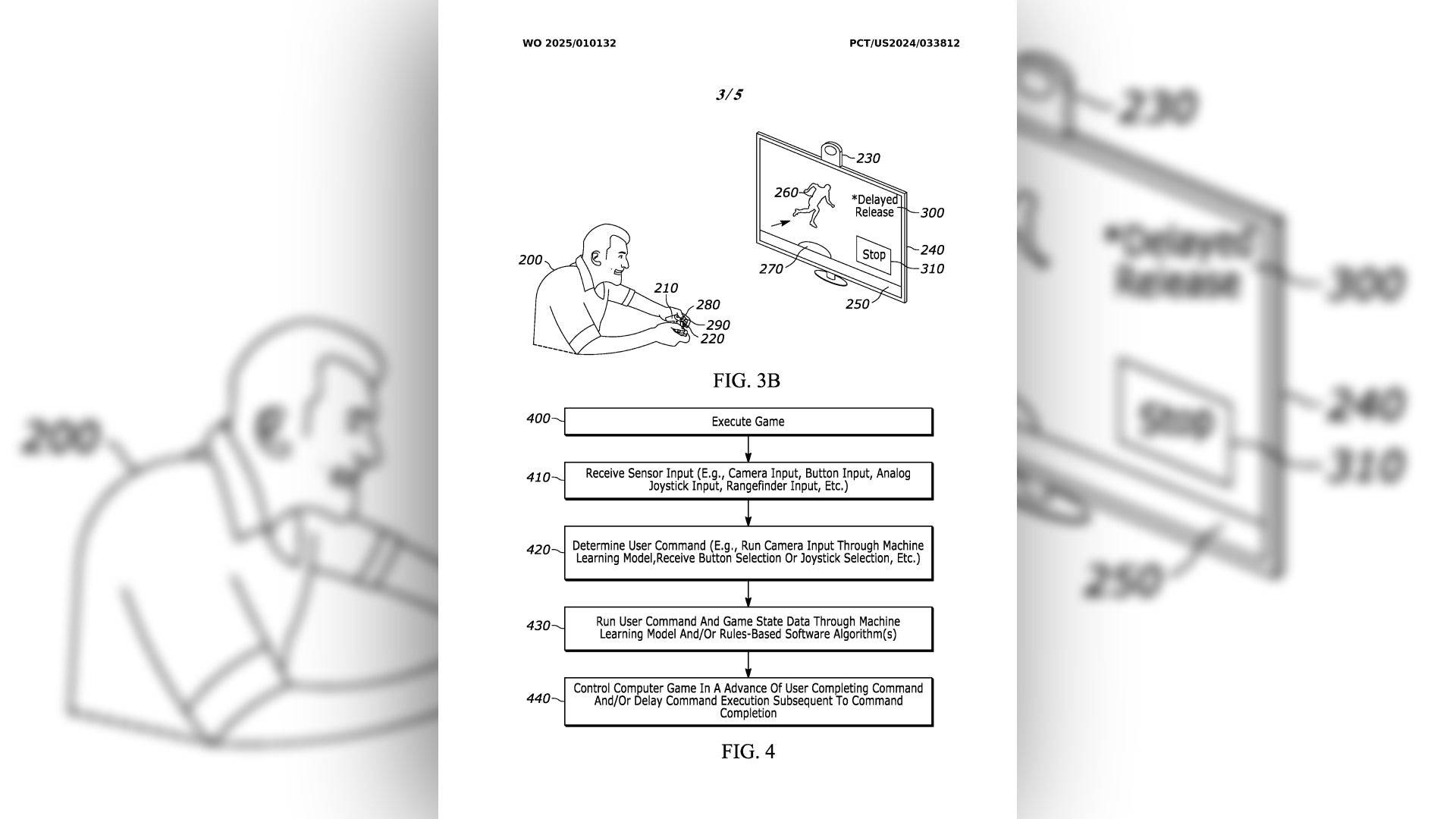Sony's New AI-Powered Latency Reduction Technology: A Patent Deep Dive
A recently filed Sony patent reveals a potential game-changer for future gaming hardware: an AI-driven system designed to significantly reduce input latency. This innovative approach utilizes machine learning and additional sensors to predict user inputs, thereby streamlining command execution and enhancing responsiveness.
Sony's current PlayStation 5 Pro features PlayStation Spectral Super Resolution (PSSR), an upscaler capable of enhancing lower resolutions to 4K. However, advanced technologies like frame generation often introduce latency, impacting the perceived responsiveness of gameplay. Competitors AMD and Nvidia have addressed this with Radeon Anti-Lag and Nvidia Reflex, respectively, and Sony's patent suggests a similar, potentially superior solution.
The patent, WO2025010132, titled "TIMED INPUT/ACTION RELEASE," focuses on optimizing the "timed release of user commands." Sony acknowledges the inherent latency between user input and system processing, leading to delayed execution and potentially negative in-game consequences.
The proposed solution involves a multi-faceted approach:
- Predictive AI Model: A machine-learning AI model anticipates the user's next input.
- External Sensor Integration: An external sensor, such as a camera focused on the controller, provides real-time input data to the AI model. The patent explicitly mentions using "camera input as an input to a machine learning (ML) model." Alternatively, the sensor could be integrated directly into the controller buttons themselves, possibly leveraging analog button technology.
While the patent's specifics might not translate directly into PlayStation 6 implementation, it underscores Sony's commitment to mitigating latency issues without sacrificing visual fidelity. This is particularly relevant given the increasing popularity of frame generation technologies like FSR 3 and DLSS 3, which inherently add latency.
The benefits of this technology are most apparent in fast-paced games, such as twitch shooters, where both high frame rates and low latency are crucial. Whether this innovative approach will find its way into future PlayStation consoles remains to be seen, but the patent clearly indicates Sony's proactive efforts in this critical area of gaming technology.








![A Wife in Venice – New Version v2 [EROTIC DROP]](https://images.737c.com/uploads/87/1719599007667eff9f43e90.jpg)

